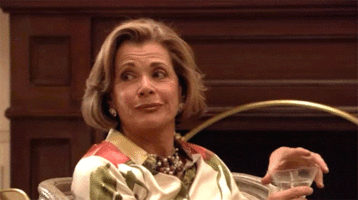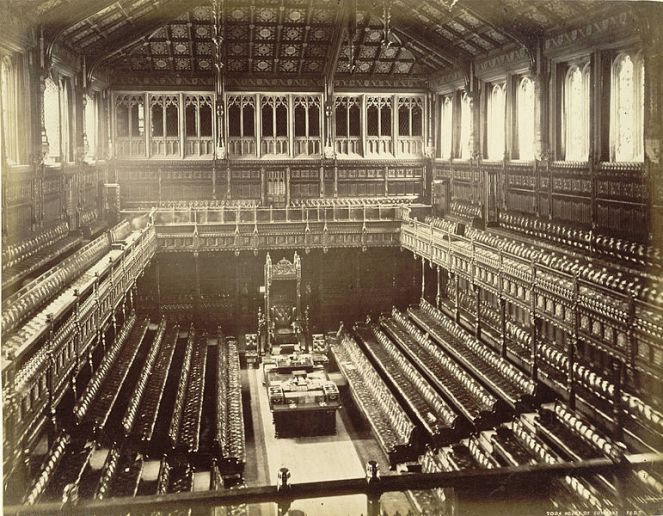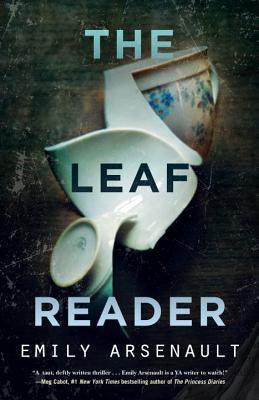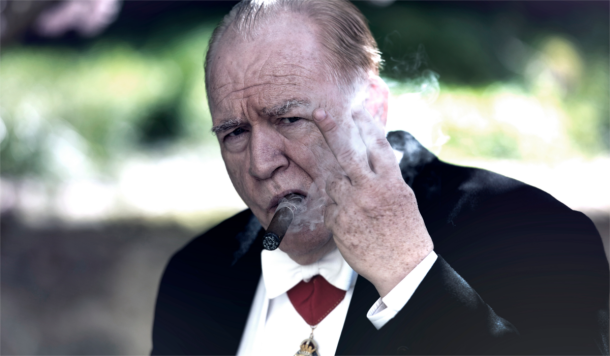In the aftermath of the revelations about Harvey Weinstein and Kevin Spacey, certain Members of the Houses of Parliament have being accused of, and resigned because of, alleged sexual misconduct towards women.
Michael Fallon resigned as Defence Secretary after allegations of inappropriate conduct, two Labour MPs have denied allegations of harassment, and Theresa May has been urged to deal with sexual harassment allegations in Westminster.
Interestingly, a senior Conservative MP, Sir Roger Gale suggested that there was a ‘witchhunt’ going on. Which is a shocker, I know.

But is this true? Have we become too ‘PC’? Should men be worried that a clumsy sexual advance might be misinterpreted? Will MPs be too afraid to marry assistants, as John Humphries claimed?
There are battles we simply cannot win: https://t.co/thJhWtJyC6
— Kasia Babis (@Kiciputek) October 30, 2017
So, is this scandal just an overblown storm in a tea cup? Is this behaviour that used to be acceptable, fifteen, twenty, or an indeterminate amount of years ago, as Michael Fallon claimed? The short answer to that question is YES. Sexism has long being unchallenged in Parliament. But that doesn’t negate or undermine that accusations today.
And also, was the behaviour ‘acceptable’, or were the people who behaved in that way too privileged or powerful to be held accountable for their actions?
Funnily enough, there is a long history of sexism and misogyny in Parliament. WAY TOO LONG to all be documented in a blog post. So, to make this actually readable, I’ve decided to focus on a few instances that I’ve come across in my research. Let’s take it way back, to 1870.
1870 The House of Commons, between circa 1870 and circa 1885
The House of Commons, between circa 1870 and circa 1885
On the 4th May 1870, the second reading of the Women’s Disabilities Bill occurred in the House of Commons. This was one of the many attempts throughout the late 19th Century to grant women the parliamentary vote. An MP, Mr. Scourfield stated: “did not wish women to enter into competition with dancing dogs, and to show their wonderful powers in doing things which they were not expected to do”.
Yep, you read that right. The idea of women voting was like dancing dogs. Now, obviously we are in Victorian Britain, at the height of corsets, a time when married women could not hold property in their own right (that happened in 1882, when the Married Women’s Property Act was passed), when the Women’s Movement was in its infancy.
But surely that kind of behaviour is no longer acceptable today?
Okay, so let’s fast-forward a little bit.
1910-14The Edwardian era was the height of the Suffragette campaign. Although from 1910-11, the WSPU entered a truce from militancy in order to facilitate the Conciliation Bill, a cross party measure attempting to enact a limited women’s suffrage, by 1912 militancy had resumed. From 1912-14 militancy intensified.
 Lord C himself
Lord C himself
Enter Lord Curzon. Lord Curzon was a Conservative politician, the former Viceroy of India, and the Secretary of State for Foreign Affairs from 1919-24. He was also a fervent anti-suffragist, and President of the National League for Opposing Woman Suffrage.
One of the reasons he gave for his opposition was “Women have not, as a sex, or a class, the calmness of temperament or the balance of mind, nor have they the training, necessary to qualify them to exercise a weighty judgment in political affairs”.

So not only did women apparently NOT have the temperament to exercise voting, but if they were given it, then obvs their ’emotional excitement’ would cause political crises.
But surely that kind of attitude is no longer acceptable today?
OKAY OKAY, but what about after women were given the vote? Surely then behaviour began to change?
1941 Credit: http://www.parliament.uk/about/living-heritage/evolutionofparliament/houseoflords/house-of-lords-reform/from-the-collections/from-the-parliamentary-collections-lords-reform/the-work-of-the-life-peers/edithsummerskill1901-1980/
Credit: http://www.parliament.uk/about/living-heritage/evolutionofparliament/houseoflords/house-of-lords-reform/from-the-collections/from-the-parliamentary-collections-lords-reform/the-work-of-the-life-peers/edithsummerskill1901-1980/
Dr. Edith Summerskill was a Labour politician, and in 1941 was the Member of Parliament for Fulham West. In a debate on women’s war service she was involved in this exchange with Ernest Bevin, a fellow Labour MP & Minister of Labour and National Service at the time:
Dr. Summerskill : I apologise to the Minister, but he will admit that my figures are right. Mr. Bevin: I think the hon. Lady’s figures perfect. I gave no figures.
I mean, it’s definitely creepy and unnecessary. Dr. Summerskill is trying to debate important matters of state (and ironically, ones that are directly related to women), and Mr. Bevin’s response is to talk about her body.
But surely that kind of speech is no longer acceptable today?
Okay, let’s get to almost the here-and-now, recent political memory.
1996It’s 1996. We’ve had a woman prime minister, more women are in Parliament than ever before. Obvs by this point in our history, women were able to argue their points without fearing that they would be answered by insults, right? NAH.
As Parl reviews sexual assault claims, this clip of Harriet Harman being called a 'stupid cow' is a reminder of what women MPs have faced pic.twitter.com/RNMFcws0It
— Ayesha Carmouche (@ayeshacarmouche) November 1, 2017
This was just over twenty years ago, and yet an MP thought that, instead of responding to her with a reasoned and balanced argument, it was instead okay to call her a stupid cow. Whatever you may think of her politics, surely insulting her wasn’t acceptable.
SO…All of these examples might be patronising and sexist, but some say it’s a far cry from the serious allegations of sexual harassment and sexual assault that have emerged recently. I disagree. It’s these seemingly small remarks that facilitate and contribute to an overall culture, a culture that demeans women and their experiences. A culture in which men think that a sexist remark, or maybe even a touch, is acceptable.
Jo Brand, in a recent episode of BBC show, Have I Got News For You explains it perfectly:
Here’s the moment Jo Brand had to explain to the #HIGNFY panel that they should take sexual harassment seriously. pic.twitter.com/4cc4J3ocOw
— Rob Williams





